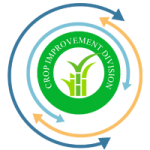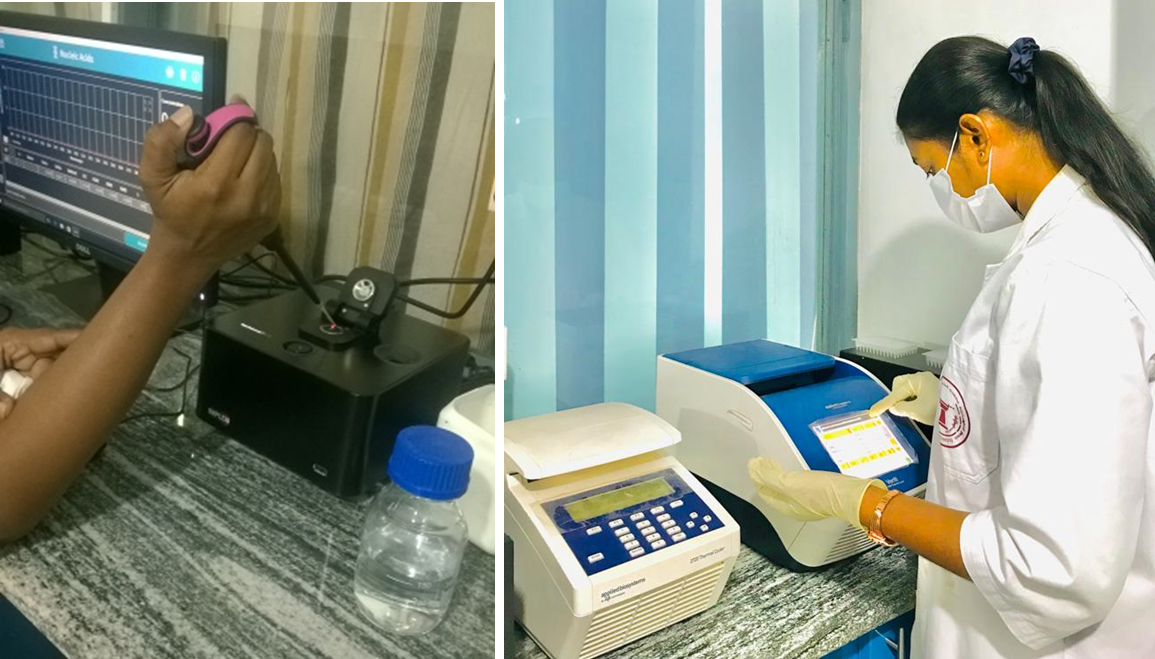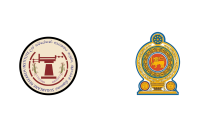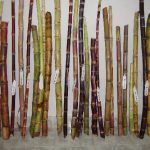
Crop Improvement Division
“Increase productivity and profitability of the sugar industry through incorporation of better sugarcane varieties for commercial cultivation”
The Crop Improvement Division (CI) focuses on conventional breeding for the development of sugarcane varieties with the following characters suitable for commercial cultivation under different Agro-ecological regions in Sri Lanka
High sugarcane yield
High sugar yield
Pest and disease-resistant
The projects, tissue culture of sugarcane varieties, and biotechnology research assisted the non-conventional sugarcane breeding in the creation of genetic variability through the exploitation of somaclonal variation and classification and identification of genetic variability in the development of new sugarcane varieties.
Our Achievements

Sugarcane varieties recommended for commercial cultivation in Sri Lanka
Our Achievements
Variety extend of Sugarcane in Sri Lanka (2022)

Divisional Priority Areas...

Germplasm Collection
Collection, conservation, evaluation, and utilization of Saccharum germplasm

Hybridisation of sugarcane
Hybridisation of sugarcane to develop varieties with high yields, resistance to major sugarcane disease, good ratooning ability, early, mid, and late maturity, and tolerance to drought for rain-fed and irrigated cultivation in different sugarcane-growing areas in Sri Lanka

Selection of sugarcane clones
Selection of sugarcane clones with commercial attributes, determining proven parents and proven crossing combinations, selecting true hybrids of inter-specific, inter-generic, and backcrosses in the nobilisation of wild species, and generating high-sucrose parental stocks through recurrent selection

Studying molecular biology
Studying molecular biology of sugarcane varieties to identify genetic relatedness and distinctness among commercial and locally-collected sugarcane varieties (DUS ((Distinctness, Uniformity, and Stability) testing), confirm the identity of varieties and avoid mixing of varieties, identify true hybrids, Identify the existing markers for high-yielding varieties and disease resistance, and to adopt marker-assisted selection (MAS) in the existing breeding program

Tissue culture
Tissue culture of sugarcane to develop new sub-clones resistant to WLD/GSD and smut from disease susceptible high-yielding varieties produce disease-free planting materials from newly-released varieties for rapid multiplication by in-vitro culture and lateral shoot multiplication under poly tunnel conditions, and to produce in-vitro-cultured materials for varietal exportation
Ongoing Research Activities..
CI/23/01: Collection, conservation, evaluation and utilization of Saccharum germplasm
The genetic diversity of the sugarcane germplasm collection is enriched for the development of new improved sugarcane varieties with better commercial attributes, such as high cane yield, high sucrose content, resistance to pest and diseases, adaptability to adverse environmental conditions and good morphological characteristics.
The genetic diversity of sugarcane germplasm is required to be conserved ex-situ for further use, especially in crop improvement. The Sugarcane Research Institute conserves the Saccharum germplasm collection at the Sugarcane Breeding Station, Enselwatte, Deniyaya, Sri Lanka.
It is comprised with 1,659 accessions assembled through foreign and local sources such as commercial and near-commercial sugarcane varieties, progenies of inter- and intra- specific crosses and locally collected accessions through local expedition.
Among the basic Sacchurum species; accessions from S. officinarum, S. spontaneum, the related wild genera; Erianthus spp. accessions and an accession of Miscanthus japonica are maintained.
Objectives and targets
Improvement of genetic diversity of the Saccharum germplasm collection by adding new accessions and conservation of existing sugarcane genetic diversity.
Assessment of parental worth in Saccharum germplasm for cane and sugar yields and their components.
Development of core-collections for directional breeding for high yield, high sucrose content.Evaluation of imported varieties in different sugarcane growing areas in Sri Lanka.
CI/23/02: Development and selection of new sugarcane varieties
This research project is conducted to increase the productivity by developing and recommending new sugarcane varieties and minimizing the risk of sugarcane crop losses due to biotic and abiotic stress through increasing varietal spectrum in commercial plantations in different sugarcane growing areas.
Parental selection, sugarcane hybridization, and variety selection for good commercial attributes are the major steps in variety development program.
To make sure the superiority of varieties commercially, the clones are selected based on high cane yield, high sucrose content, moderate fibre content, maturity times, ratooning ability, tolerance to drought, wide and specific adaptability, good morphology and milling qualities using selection indices with multiple trait selection criteria in different stages of clonal selection and finally will be tested for wide adaptability for different agro ecological zones.
Objectives
- Development of high yielding, early-, mid- and late maturing sugarcane varieties for different sugarcane-growing conditions in Sri Lanka with the characteristics of good ratooning ability, resistant to pest and diseases (WLD, smut and leaf scald), drought tolerance, and suitable for mechanization.
- Generating high-sucrose genetic stocks to be used as parental clones.
- Improvement of basic Saccharum officinarum population in breeding attributes and commercial attributes along the selection stages for commercial adoption.
Following steps are involving in sugarcane variety development program.


CI/23/03: Biotechnological applications for sugarcane variety improvement
Biotechnological interventions hold great promise to address to enhance productivity of sugarcane to improve sugarcane varieties with disease resistance and to improve quality of the crop. These approaches for sugarcane improvement have been applied in Sugarcane Research Institute, Sri Lanka in the areas of tissue culture, molecular diagnostics of sugarcane pathogens, development of genetic maps using molecular markers, molecular testing of plants for variety identification and molecular characterization of various traits.
Objectives
Produce disease-free planting materials from newly-released varieties for primary nurseries and produce in-vitro-cultured materials for varietal exportation
Induce genetic variability of selected sugarcane varieties through callus culture technique with artificial mutagens and evaluation of superior genotypes from mutant plant population
Evaluation and characterization of sugarcane germplasm accessions using molecular markers to broaden the genetic diversity through directional breeding
Minimize the time and resources required for maturity testing by adopting the molecular method for testing maturity.
Identification of QTLs for high sugar content in sugarcane and smut disease resistance.
Development of marker-assisted selection protocols for high sugar and smut disease resistance
Evaluation of genetic variability of sugarcane varieties through in-vitro mutagenesis in callus culture technique

Gene expression studies related to the sugar content and maturity of varieties
Detection of QTL for sugar content and Smut resistance

CI/23/03: Development and selection of sugarcane varieties for organic farming

This project is initiated to evaluate commercial sugarcane varieties under organic fertilizer and identify suitable sugarcane varieties for organic farming and develop new sugarcane varieties for organic farming system.
Objective
Selection of suitable sugarcane varieties for organic farming
Publications
Our Staff..

- malika@sugarres.lk
- ResearchGate
- ORCiD
Ms. A.M.M.S. Perera
Research Officer-In-Charge
















